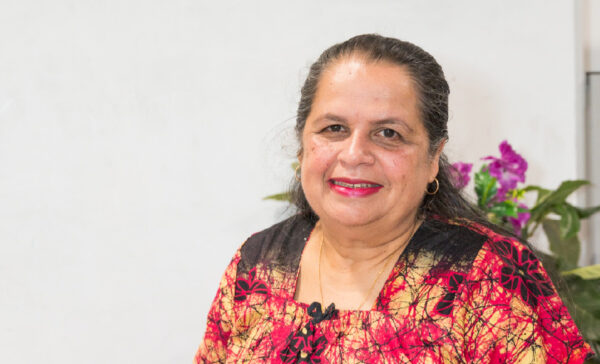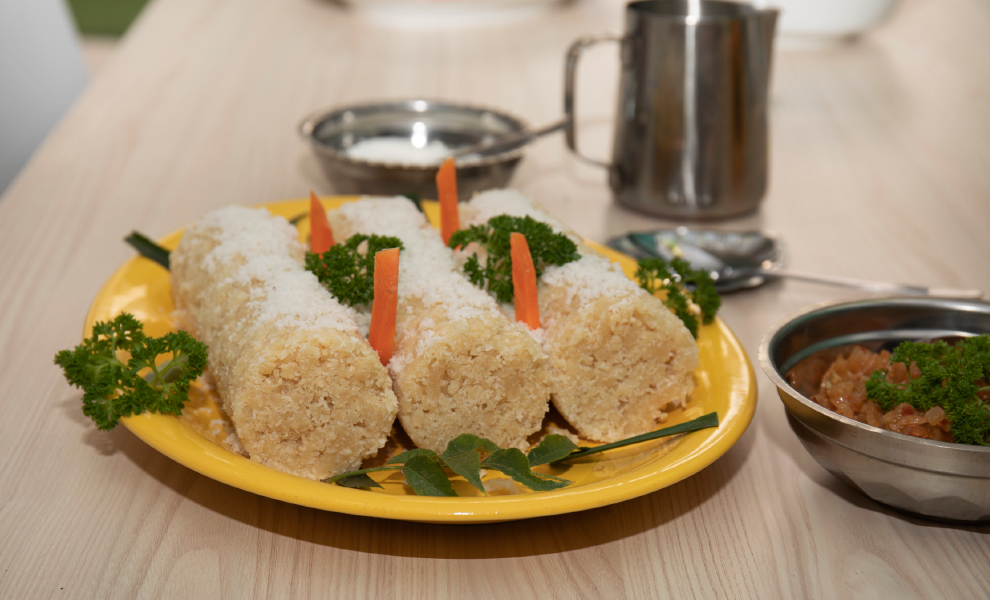By Beverly de Silva

I arrived in Melbourne in the year 2000 with my husband and two young kids aged eight and four.
I soon became acquainted with the area, the shops, the facilities, and some of the people around me. We were located quite centrally as my kids’ school and Kindergarten were just a walking distance away, so was the church, and the local shopping centre. One-and-a-half years’ later, we moved into our own mortgaged property, also in Hoppers Crossing.
It was a big change moving to Australia, but certainly a good one knowing that there was much peace, good food, and access to better health and opportunities, especially for the children.
I soon felt accepted and comfortable where I was, and decided I was ready to do some computer courses, and a creative writing course, all run at a local Community Centre. I also began volunteering in various organisations. These activities enabled me to make new friendships which I still enjoy today.
Most of my life in Sri Lanka was spent working full-time, giving me no opportunity for leisure or self-discovery, but being here offered me that chance to do so. In time, I realised that I liked writing short stories and poetry, photography, and doing various paper-type crafts like making greeting-cards and 3D pictures. In addition, I have become a long-time choir-member at my local church, as I also love singing.
Sadly, my marriage ended after some years in Australia, but in 2015, I joined the Wyndham Women’s Support Group, which gave me much comfort and healing, and offered me many opportunities to grow in confidence, valuing me for who I was. This group has enabled me to utilise some of my gifts and talents and to exercise my cooking skills. Here is one of my recipes.
And if you’d like more information about the group please email wyndwomens.sg18@gmail.com

Pittu
Pittu (in Sinhala, the language of Sri Lanka) or Puttu (in Malayalam, spoken in India), originated from Kerala, India. Puttu was first mentioned in a book written in the 15th century by a renowned Tamil poet. It is mostly eaten as breakfast in the regions of Kerala, Tamil Nadu, and some other regions of India, in addition to the Tamil regions of Sri Lanka. It has however, since been adopted into the Sri Lankan culture and is cooked and eaten by all – Tamils, Sinhalese, Dutch Burghers, Sri Lankan Moors, and other minorities.
Ingredients
2 cups roasted rice flour (or plain flour, slightly roasted in a pan and cooled)
1½ cups grated coconut (fresh or desiccated)
½ to 1 teaspoon salt
1–1¼ cups water
Method
- Place roasted rice flour, grated coconut and salt in a bowl and lightly blend all of them together by hand.
- To this mix, add the water, a little at a time, again, blending this by hand, until the whole mix is of a granule-like (or bread-crumb) consistency.
- Half-fill the pot (on which the pittu-mould or pittu-steamer sits), with water, and bring it to the boil.
- In the meantime, placing the small round steamer-like disc at the bottom of the cylindrical pittu-mound, fill up the pittu-mould with the flour-mix, place on its lid, and set aside.
- When the water is boiling, place the cylindrical pittu-mould on top of the pot.
- Steam for 4-5 minutes (until steam emerges through the small holes on the lid of the
- pittu-mould).
- Using oven mittens, remove the cylindrical mould off the pot, and holding it in a downward sloping position, gently push the pittu out from the bottom of the mould into a plate. (Use the end of a straight long-handled ladle or spoon to do this).
- Steam the remainder of the flour-mix in the same way, until all the mix is over, and do the same as given in item 7 above.
- Cut the pittu into reasonably-sized pieces (5–7cm), so it is ready to eat.
- Place a piece of pittu onto your place, pour over a little warm (slightly salted) coconut milk, and if desired, sprinkle some sugar before eating; or eat it with a hot curry or sambal. (Coconut milk could be substituted with other unsalted full cream/light milk).
It is now ready to eat.

